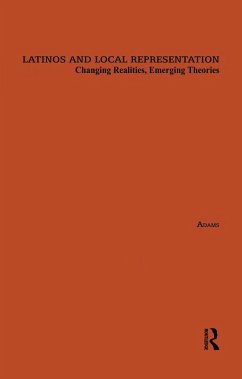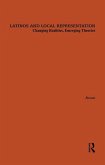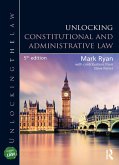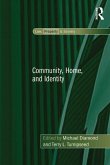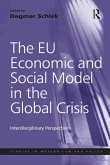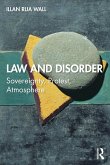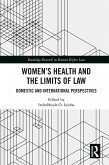This study examines trends in Voting Rights Act enforcement and the results for Latino representation. The focus is on local governments of the West and Southwest: some of the communities examined, Latino population is increasing rapidly, often to majority status; and in others, white suburban development is outnumbering, sometimes displacing Latinos. In both situations, district lines can decide the future political power of Latinos and non-Latinos alike. The local distributing process, which has never been studied in depth, is shown to be reshaping the political and racial landscape. This study looks behind legal and theoretical formulations to the realities of local districtings and redistrictings. The author, who participated as principal cartographer in the jurisdictions that are discussed, explores the decisions involved in reflecting rapid population change, the dangers of drawing districts without attention to the vitality of local organization, the problems of displacing incumbents, the unforeseen consequences of district designs, the difficulty of predicting outcomes, and the many ethical dilemmas of line-drawing. In several jurisdictions, Latinos are nearing majority status: Do concepts such as the majority-minority district and single-member districts remain relevant there? Are concerns for African American representation in southern states, which have guided so much voting rights enforcement, truly relevant to western and southwestern politics? What are the actual results--in terms of the numbers of Latinos elected--of voting rights litigation? Such questions are discussed against the backdrop of actual line-drawings, but in such a way as to contribute to voting rights theory.
Dieser Download kann aus rechtlichen Gründen nur mit Rechnungsadresse in A, B, BG, CY, CZ, D, DK, EW, E, FIN, F, GR, HR, H, IRL, I, LT, L, LR, M, NL, PL, P, R, S, SLO, SK ausgeliefert werden.

